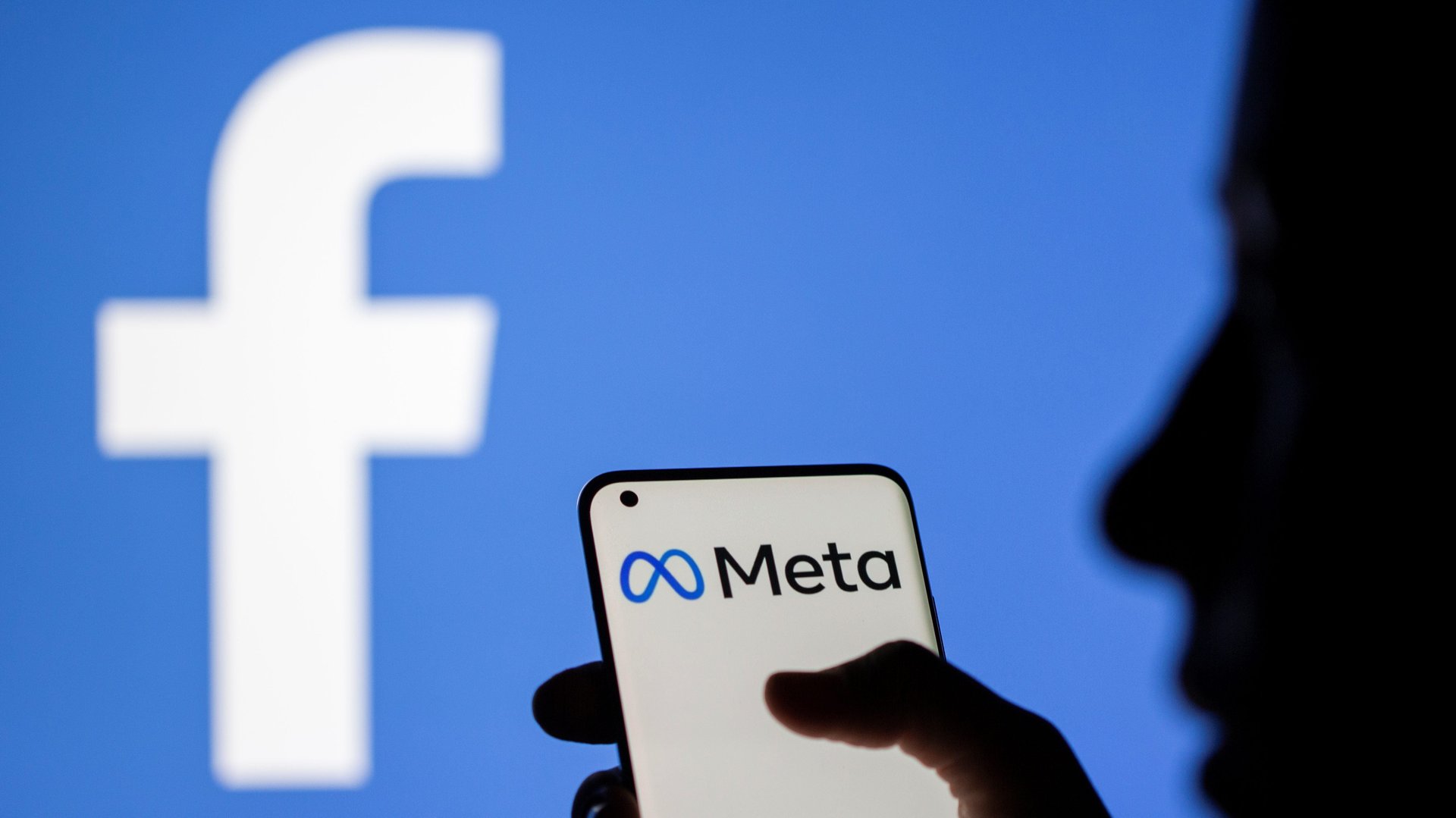To save its image, Facebook is killing the metaverse
The virtual ink isn’t even dry on Facebook’s new Meta logo, and the smirks and not-so-subtle metaverse digs are already pouring in.


The virtual ink isn’t even dry on Facebook’s new Meta logo, and the smirks and not-so-subtle metaverse digs are already pouring in.
Facebook’s bold rebranding effort may have temporarily wrapped the 17-year-old-company in a veneer of startup newness, but it’s becoming clear that the company’s critics aren’t buying it. And if Mark Zuckerberg becomes established as the poster boy for the metaverse, it may never reach the mainstream status so many in Big Tech are hoping it will achieve.
Congresswoman Alexandria Ocasio-Cortez, a Democrat from New York, tweeted her disdain just after the event yesterday.
One of the most confounding aspects of the Facebook story is how the company has continued to maintain an engaged user base of roughly 2.9 billion while navigating myriad controversies over the past decade-plus. From advertising issues to the mis-handling of user data, and now damning whistleblower reports from former employees, Facebook’s troubles have continued to draw negative cultural and governmental scrutiny. Despite this, the company’s Instagram, Whatsapp, and Facebook products remain viable social media destinations for many users worldwide.
How big is Facebook’s metaverse?
Although Zuckerberg has injected the term metaverse into nearly every presentation in the last few years, the actual footprint of the user base on the company’s Oculus platform is relatively small. Exact numbers across different versions of the Oculus VR devices (Rift, Go, Quest 1, Quest 2) aren’t available, but the most popular Facebook VR headset, the Oculus Quest 2, has at least 4 million users, based on a recent recall of 4 million Quest 2 face inserts.
What we know for sure is that Facebook’s total VR users haven’t hit the 10 million user mark, which remains one of the primary goals of chief technology officer Andrew Bosworth. So, by the numbers, Zuckerberg’s true metaverse user base hasn’t even topped 1% of the company’s overall audience. At this point, the Meta rebrand is aspirational marketing rather than a core component of the company’s operations.
Prior to Zuckerberg’s aggressive use of the term metaverse, the term was just one of many used to describe the burgeoning field of VR and AR platforms and devices. The AR cloud, XR, and spatial computing were just a few others. But when Zuckerberg began adopting the term, most notably this summer during an earnings call (pdf), Wall Street took notice and began using it as well, usually referencing Facebook in some way.
By rebranding his entire company as Meta, Zuckerberg is making “the metaverse” synonymous with Facebook. But his is just one of many deeply resourced and highly motived companies working on their own versions of the metaverse. However, like Kleenex and Band-Aid, brand names that have come to describe products in the minds of consumers, Facebook’s adoption of the name Meta may soon become indistinguishable from “the metaverse” in common language.
That’s great for Facebook, but troublesome for publicly traded companies like Microsoft, Apple, Snap, and Unity, as well as a wide range of startups, all of whom have their own major metaverse investments on the line.
Meta is not the metaverse
If social media influencers, tech media, and government officials decide that metaverse equals Meta, along with all the negatives associated with that narrative, that could present an array of hurdles—some good, some detrimental to its growth—to the general metaverse space.
Currently, the metaverse has few rules and most virtual environments dictate their own honor systems around issues like harassment and conflict resolution. VR social networks like Microsoft’s AltspaceVR and Facebook’s Horizon operate within a new frontier that most lawmakers and special interest groups have little familiarity with.
Similarly, the designers of the ’90s-era Section 230 of the Communications Decency Act, designed to protect information providers from liability related to offensive material on their platforms, could not have imagined the challenges of regulating virtual worlds and avatars.
But now Facebook has become the largest vanguard of the new metaverse dynamic, just as lawmakers are preparing to take action against the company. If that scrutiny means new regulation, the knock-on effects could make creating new, non-Facebook-related metaverse platforms and products more expensive, less open to the creativity that grew the web, and far more risky for any company that doesn’t have deep pockets for potential legal fees. Facebook’s move to spotlight the metaverse may have inadvertently put many other metaverse companies in the crosshairs of lawmakers.
What once seemed like an inevitable spread of next-gen computing interfaces and experiences could be stopped short due to the marketing machinations within Zuckerberg’s Palo Alto headquarters.